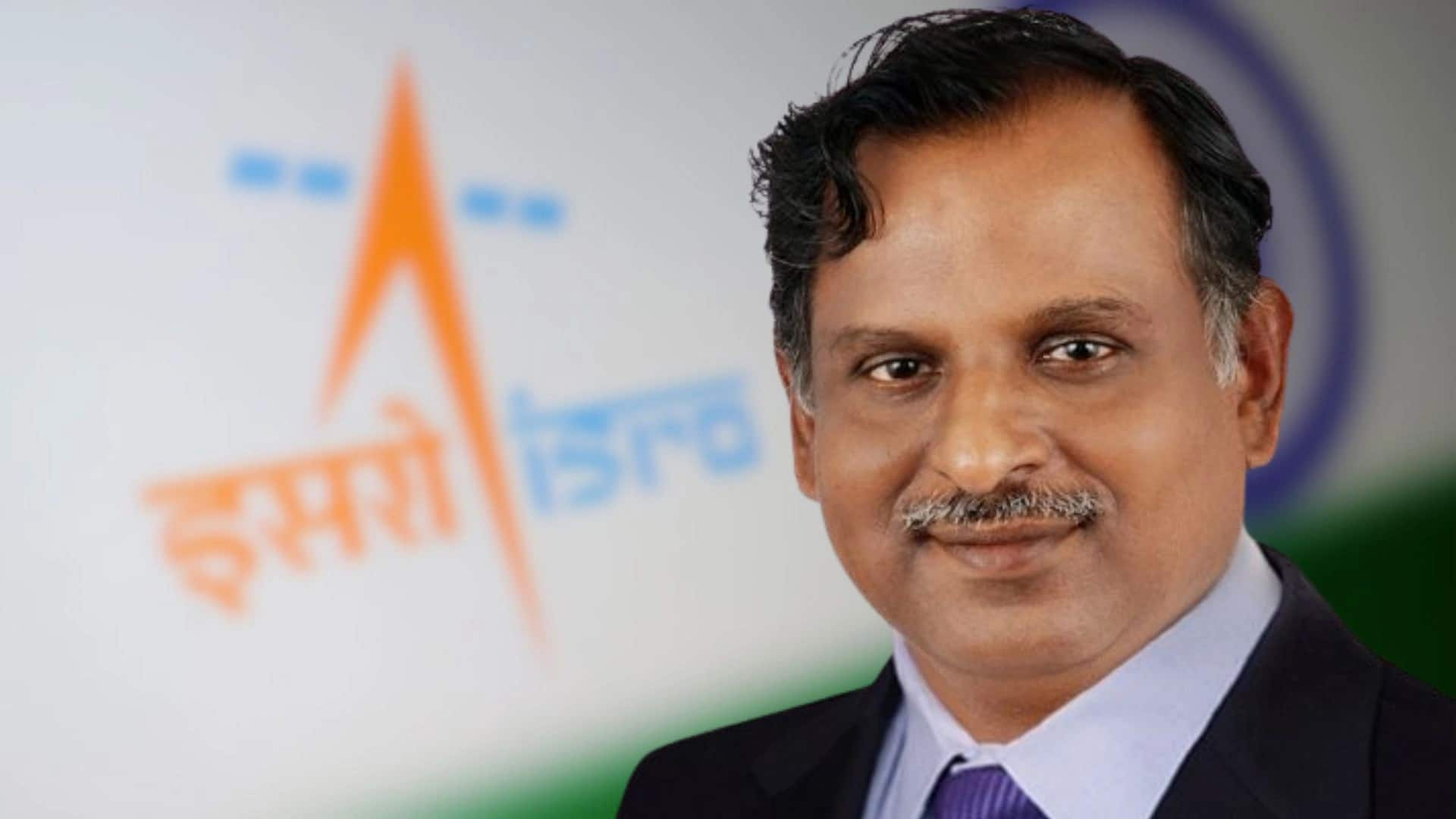
10 satellites monitoring 24/7 to ensure India's security: ISRO Chief
What's the story
Indian Space Research Organisation (ISRO) Chairman V Narayanan recently revealed that the organization runs 10 satellites to keep the nation safe and secure. Addressing the 5th Convocation ceremony of the Central Agricultural University (CAU) in Imphal, he said, "If we want to ensure the safety of our country, we have to serve through our satellites." He also noted these satellites keep an eye on India's 7,000km coastline.
Contributions
Multifaceted role in national development
Narayanan detailed ISRO's diverse contributions to various sectors. He said that the organization plays a crucial role in agriculture, tele-education, tele-medicine, television broadcasting, weather forecasting, environment, food sectors, as well as security and strategic areas. This multifaceted approach underscores the importance of satellite and drone technology in achieving significant national objectives.
Global standing
India leads in 9 space sectors
Narayanan also emphasized India's global leadership in nine space sectors. He said, "Chandrayaan-1 mission discovered evidence of water molecules on the Moon's surface. India was the first country to achieve this." Additionally, he disclosed that ISRO has launched 433 satellites for 34 countries and has built satellites for G20 nations to observe climate change, among other areas.
Information
India-US collaboration on advanced satellite project
Narayanan announced a joint India-US project to build an advanced earth-imaging satellite, which will be launched from India. He said till 1975, there was no satellite technology in India, and the country lagged behind by 70 years in space technology from developed nations.
Growth
India's agricultural transformation and global standing
Highlighting India's agricultural growth, Narayanan said that in the 1950s and 1960s, India produced 54 million tons of food and imported from other countries. He said, "Now India produces 250 million tons plus food and exports food to many countries." He also spoke about India's leading position in electricity generation and milk production, and its top five ranking in producing key commodities like rice, wheat, maize, horticultural crops, pulses, oilseeds, and cash crops, among others.
Progress
Narayanan emphasizes India's socio-economic progress
Narayanan further emphasized India's socio-economic progress, noting that the average life expectancy has risen from 32 years to 72 years in recent decades. He also highlighted a significant decline in child and mother mortality rates. These improvements are a testament to the impact of various developments across sectors on the overall quality of life in India.